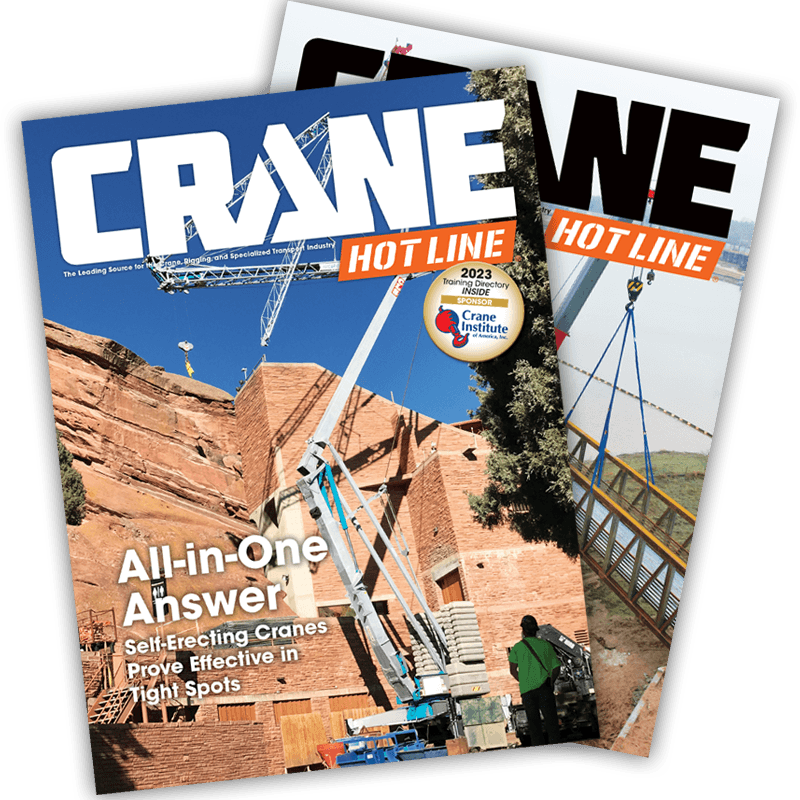Deadline Looms for British Columbia Crane Operators
January 21, 2011 – To continue working legally in British Columbia, Canada, crane operators must have a valid operator’s certificate issued by the Industry Training Authority (ITA) or Fulford CraneSafe by February 28.
Certification is required for operators of mobile, tower and self-erecting cranes, as well as for boom trucks over 5 tons or with a boom over 26.2 feet long. Operators who are required to apply to ITA should be aware that approval of applications before testing takes four to six weeks.
“There is very little time left to become fully certified,” said Fraser Cocks, executive director of the BC Association for Crane Safety (BCACS). “If an operator finds that they have not engaged and are now in the position of noncompliance with the WorkSafeBC regulation, they will not be legally able to operate as of March 1st, 2011.”
An operator in this position “will still have a pathway with which to engage and be in compliance,” he said. “The operator will be looked at as a new operator entering the system, meaning they will be a trainee or an apprentice. This is the credential that they can obtain moving beyond the deadline.”
The initial registration numbers were 10,000 operators, according to Cocks. “This has continued to grow, which has exceeded 15,000 people to date. We have averaged 100 new registrations per month since 2008.” He said 4,400 operators are credentialed; 1,900 are in process; 800 have exited after attempting; and 3,000 are “engaged.”
The engaged group is made up of operators who registered and then engaged later, requesting removal from the system. The reasons given, said Cocks, include ‘retired,’ ‘deceased,’ ‘current economic state of the construction industry,’ ‘moved,’ ‘no longer operating,’ and ‘employer reduced numbers.’
“The numbers for assessment have been for the most part steady,” said Cocks. “We would see increased activity every time we sent out a letter to the operators encouraging them to engage. This past summer the activity slowed to our lowest volume since we began this work. “Our challenge, from the beginning was to spread the assessment workload out over the past two-plus years. I think we have accomplished this goal.”
Effective March 1st, all Level A crane operator practical assessment fees will increase to $750 from $500, said Cocks. Also on that date, the initial two year phase-in period for existing crane operators to become certified will close.
Crane Operators who have not booked an assessment or registered with the BCACS are encouraged to contact the association.


